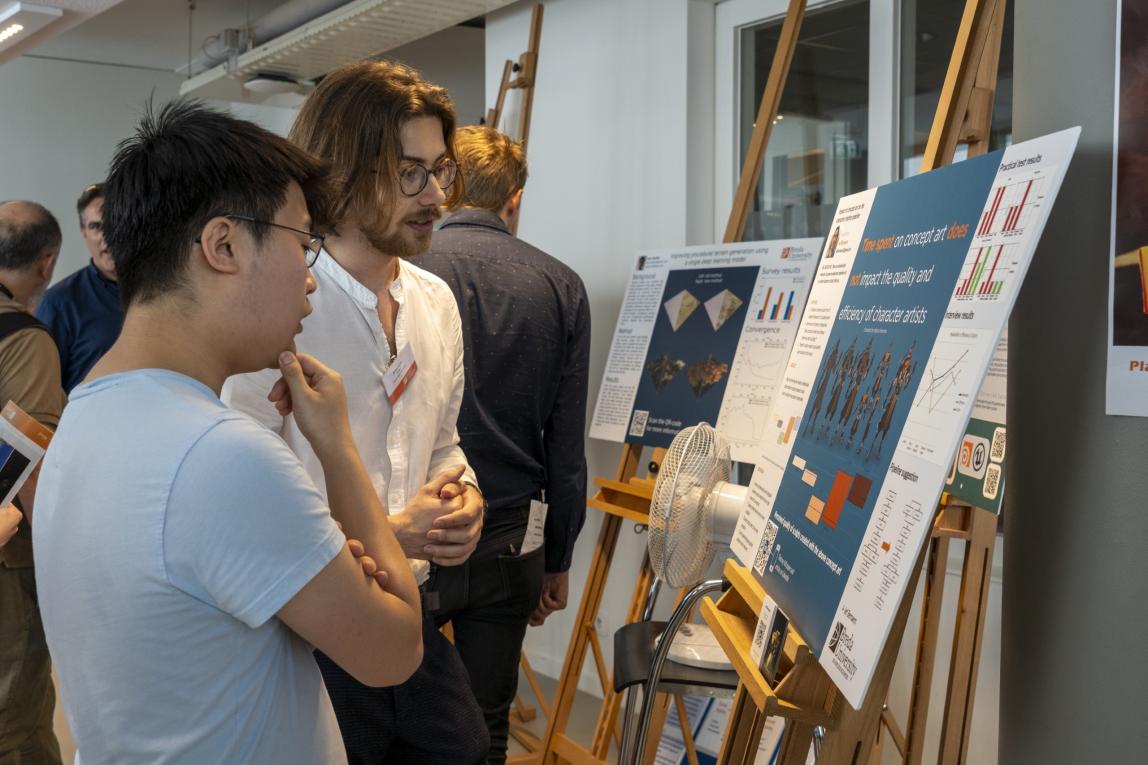
The impact of concept art on the character creation pipeline: An interview with Jef Bernaers
11/01/2023 - 14:52
Jef Bernaers, an alumnus of the Master Game Technology (MGT) programme, shares his academic journey and insights into the world of game development. In this interview, we delve into Jef's educational background, research project, experiences with MGT, and his future plans.